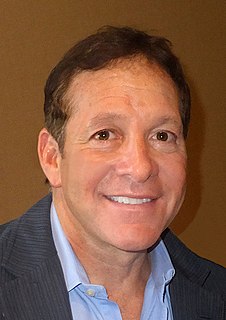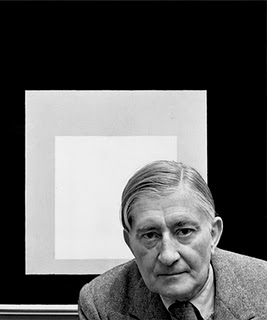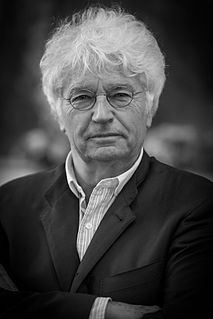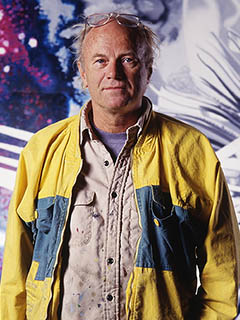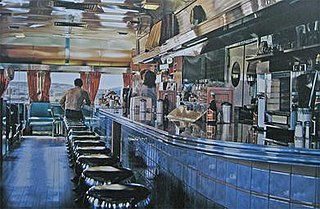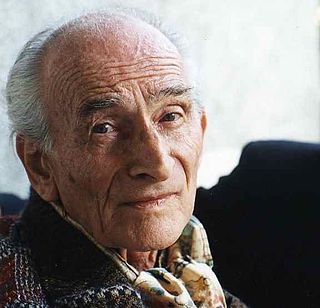A Quote by Steve Guttenberg
Let's look at people as artists and try to support them; just because Picasso painted a couple of bad paintings, that's no reason to say he's a lousy painter.
Related Quotes
Look at the paintings of Picasso. He is a great painter, but just a subjective artist. Looking at his paintings, you will start feeling sick, dizzy, something going berserk in your mind. You cannot go on looking at Picasso's painting long enough. You would like to get away, because the painting has not come from a silent being. It has come from a chaos. It is a by product of a nightmare. But ninety-nine percent art belongs to that category.
Picasso and Matisse were the guys I wanted to get away from, and cubism is all still lifes. Their paintings are all closed drawings. And still life is a perfect form for that. By the mid-'50s, I sort of dropped the still life. The large picture was a way of getting around them, too. The abstract expressionists were also into the large form because it was a way of getting around Matisse and Picasso. Picasso can't paint big paintings. Matisse didn't bother after a certain point.
Even though artists of all kinds claim to put their hearts and souls into their works, it will only confuse you, for example, if you try to discern a painter by his paintings. His masterpiece may be the master because of its iridescence; it may display a hundred different perspectives through his single face.
